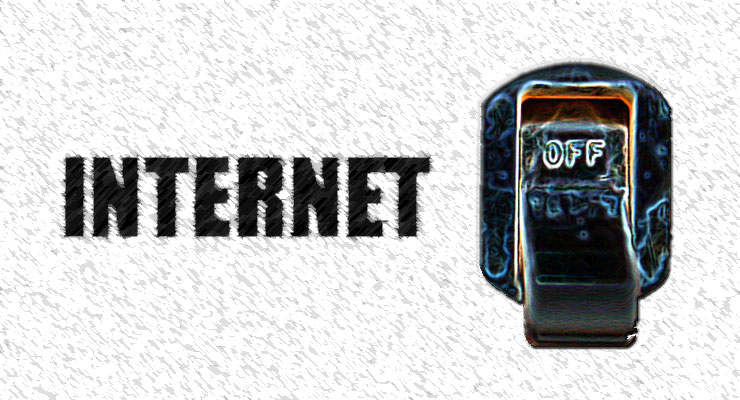
From Voice Of America
When authorities in Benin turned off the country’s internet during parliamentary elections Sunday, they became the ninth African government to restrict access this year.
The outages last hours or days and may target specific services — or the entire internet.
Governments don’t often explain the outages, but when they do, they focus on the need for security and civil order. The shutdowns usually accompany protests, demonstrations and elections.
But data from The NetBlocks Group, a nonpartisan organization that tracks global internet freedom and monitors outages, indicate the serious economic and social impacts of even a short outage.
‘A blunt violation’
In Benin, a one-day shutdown costs the country $1.54 million, according to data compiled by NetBlocks and The Internet Society, a U.S.-based nonprofit organization focused on internet freedom.
In more populous nations, such as Ethiopia, those numbers can climb five times higher, even while internet adoption rates remain relatively low.
Benin’s outage lasted 15 hours and encompassed all internet services, including social media, according to NetBlocks.
Press freedom and human rights groups, meanwhile, continue to sound alarms about the impact of internet outages on journalists’ abilities to gather and report news.
“The decision to shut down access to the Internet and social media on an election day is a blunt violation of the right to freedom of expression,” François Patuel, Amnesty International’s West Africa researcher, wrote Sunday.
Gatekeepers
Citizens gain access to the internet via an internet service provider, or ISP. Each ISP acts as a gatekeeper to the internet, providing its subscribers access, but also, potentially, cutting them off.
In Africa, countries tend to have just one or two ISPs. For regimes intent on control, few ISPs makes it easier to turn off the entire internet for most of the population.
In contrast, thousands of ISPs provide access in the United States; shutting off the internet would require broad coordination, and cooperation across each independent organization.
In Africa, though, authorities often have an easy time controlling one or two state-owned ISPs. And governments have capitalized on that.
So far this year, Chad, the Democratic Republic of Congo, Gabon, Mali and Zimbabwe have restricted internet access, according to Amnesty International. NetBlocks has observed additional disruptions in Algeria, Sudan and Egypt since January.
Freedom of expression
Journalists rely on internet access to do their work, and they tend to feel the effects of shutdowns more acutely.
Even partial outages can affect reporters’ abilities to communicate with sources, monitor events as they unfold and share news with audiences, in their countries and beyond.
Blocking internet access can affect freedom to assemble alongside freedom of expression. Protesters in Africa, and around the world, often use social media to organize.
But for governments experiencing tumultuous transfers of power, the internet can introduce unwanted volatility.
Most of the countries that have experienced outages this year, as in years past, have restricted access during elections or in the midst of protests and unrest.
Leave a Reply